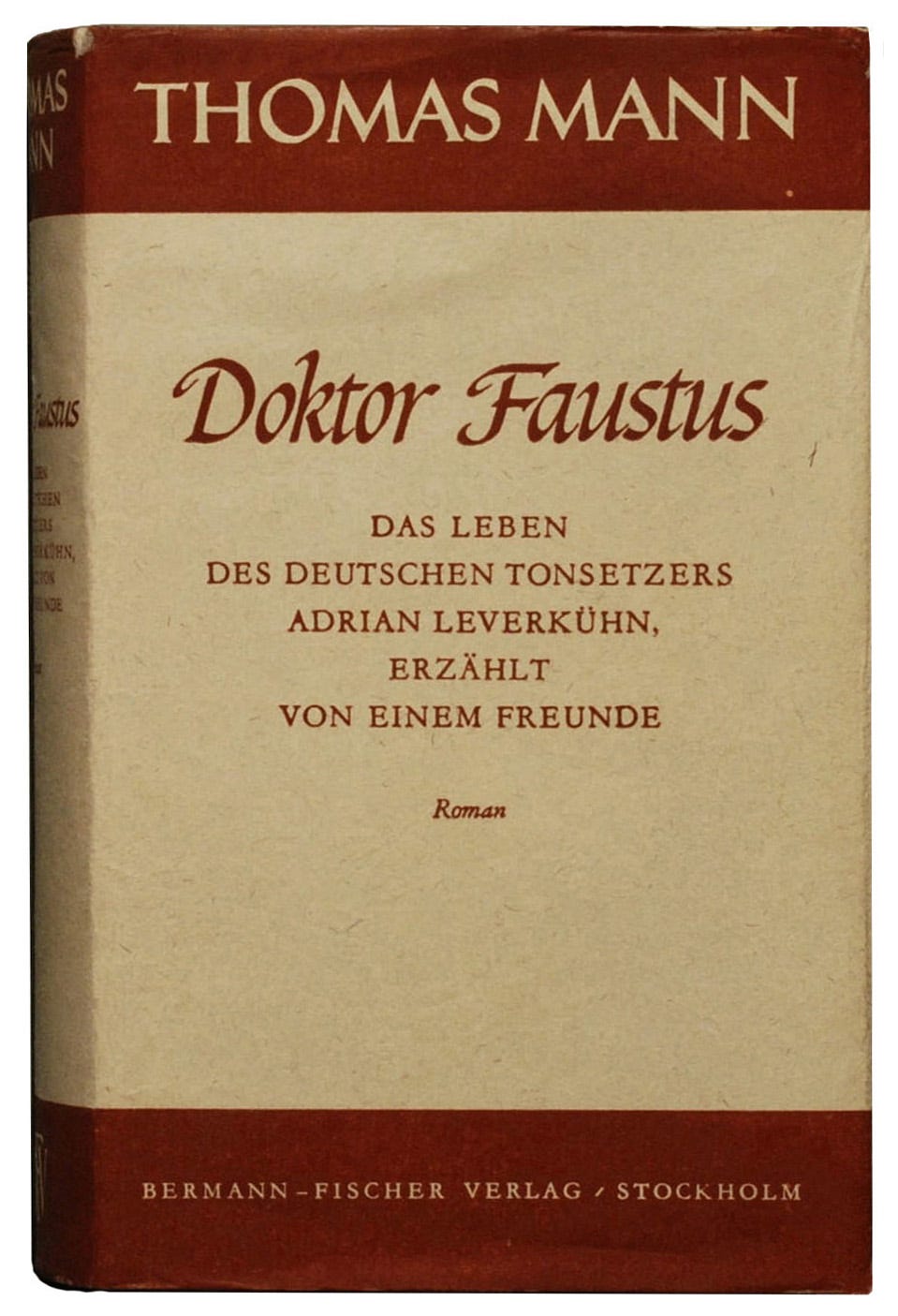Günter Grass is often lauded for his bold use of the techniques of magical realism, in his novel The Tin Drum (1959), to create a wry, indirect indictment of the moral compromises and pervasive bad faith (in the Sartean sense of lying to oneself) of Germany during the 1930s and 1940s. Yet Thomas Mann had already done the same a dozen years earlier with …
Substack is the home for great culture



